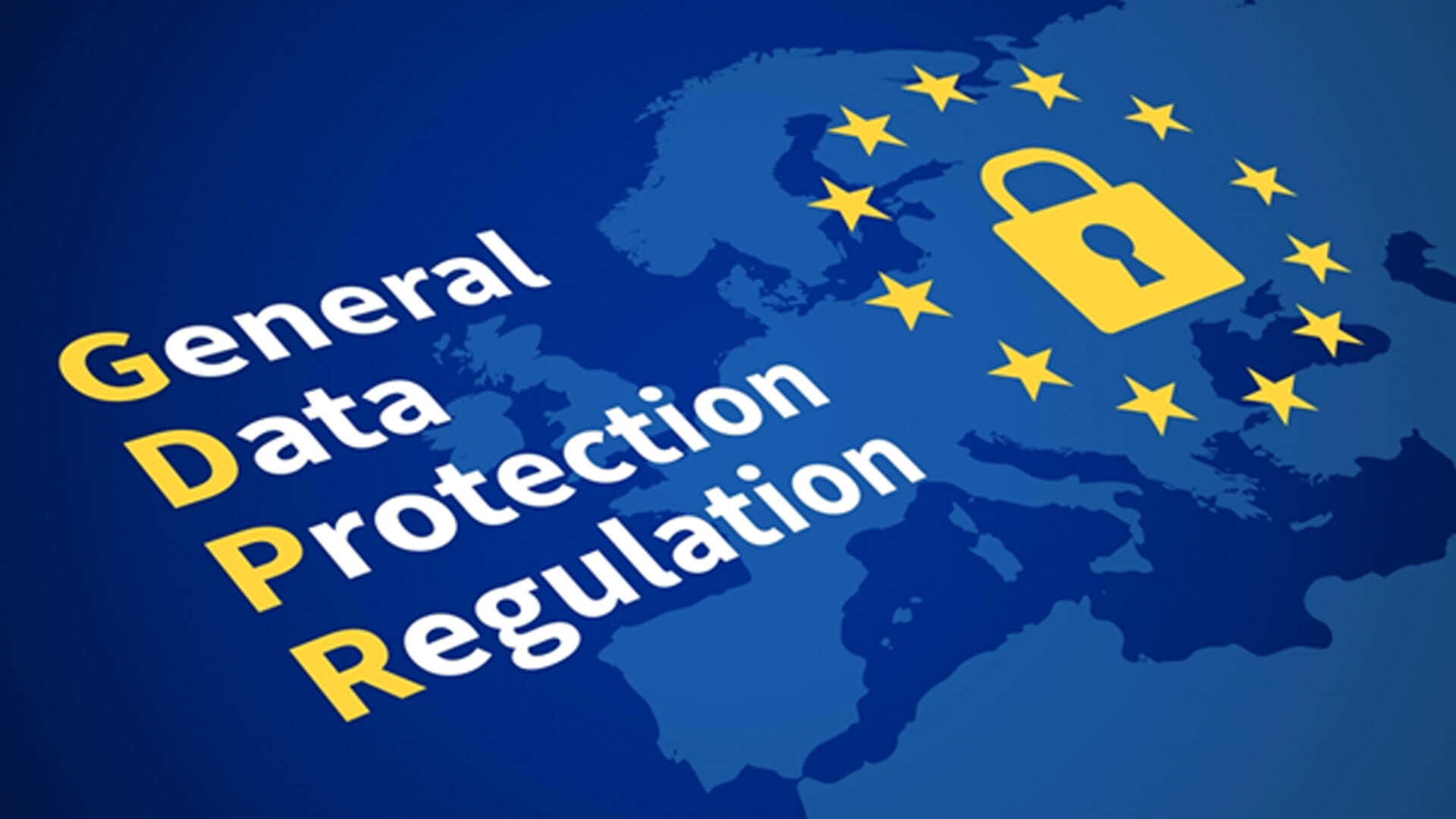
What Is GDPR?
The General Data Protection Regulation (GDPR) is recognized as the world’s most robust set of data protection rules that strengthen how people can access personal information about them and limit what businesses and other organizations can do with people’s data.
The GDPR is regarded as one of the most complex sets of privacy laws that have ever been created. It provides strict rules that govern how personal data should be collected, handled, and outlines that consumers must be given more information about how their data is used. Because of the regulation, businesses that deal with EU clients are needed to make sure that their clients know, understand, and consent to collecting data about them.

The GDPR exists as a framework for laws across the European Union member countries and technically replaced the former 1995 data protection directive. After more than four years of negotiations and discussion, the GDPR’s final form was ratified by the European Council and the European Parliament in April 1996. The regulation came into force on May 25, 2018, and countries within Europe were granted the ability to make minor changes to suit their own needs. The comprehensive text of this regulation is enormous and contains 99 individual articles.
The GDPR is lauded as a progressive approach to how people’s data should be handled. One of the most impressive things that stand out about the regulation is that it applies to both profit and nonprofit organizations. This part of the GDPR is considered a landmark victory for consumers worldwide, even though the original legislation was developed to shield individuals who live in the EU countries.
If you’re genuinely interested in finding out how this data privacy regulation works, its importance, and how you can better prepare your business to comply with it, check out Prolifics guide to GDPR and deepen your knowledge on this significant matter. In the following paragraphs, we will layout the GDPR related trends that we can expect to arise in the following years.
5 Regulation Trends That We Can Expect In The Following Years
1. Expect Data Protection Authorities To Further Increase GDPR Enforcement
Since the regulation came into force, Europe’s data protection authorities (DPAs) are quite busy carrying out audits, issuing warnings, and imposing fines, including penalties worth tens of millions of euros. Nevertheless, some DPAs declare that, so far, they have been more focused on raising stakeholders’ awareness, implementation, and working with businesses and organizations to become GDPR compliance. Put differently, DPAs have yet to deploy their full enforcement capacities, and we’ll likely see them get closer to doing so in the upcoming years.
Several DPAs have endorsed various instruments to encourage enforcement activities. In contrast, others have stated that they aspire to intensify their interventions using new powers, resources, and intelligence to take decisive action against non-compliant businesses and organizations.
2. Private Actions Will Rise
The GDPR has made the citizens more aware of their rights and data protection rules, so DPAs across the continent receive more and more complaints from regular citizens about various data breaches. The growing awareness has led to more DPA interventions and a rise in civil proceedings, which we expect to increase even further.
According to the GDPR, data subjects have a wide range of ways to seek redress. They can turn to their country’s DPA and the civil courts simultaneously or go to the court after complaining in front of the DPA. Even more, besides acting individually, data subjects can join in group litigation backed by numerous privacy consumer groups.
It’s safe to say that the trend of GDPR-related civil claims is emerging across the EU. In many member states, businesses and organizations that made data breaches face civil lawsuits and regulatory fines. These risks for organizations are expected to become even more significant when the EU enacts its draft directive for representative action to protect the collective interests of consumers.

3. Prioritization Of The Protection Of Children’s Data
Children’s data will undoubtedly be an essential subject matter in the following years. DPAs explicitly state that children’s privacy is one of the most critical regulatory priorities for the upcoming period. The superior protection of children’s data is an essential objective for their regulatory strategies for 2020-2025. The UK’s DPA has already published its code of practice for age-appropriate design, and all other countries are expected to follow.

4. Ad-Tech Matters Will Continue To Be At The Heart Of The Discussion
Various ad-tech challenges will continue to be the subject of complaints, guidelines, and court decisions. While many DPAs have already made guidance related to cookies and other trackers, more guidelines are expected to see the light of day. For instance, the German DPAs have issued statements regarding Google Analytics and other trackers following the EU Court of Justice ruling on the storage of cookies.
Simultaneously, many enforcement actions are expected, as well. The Dutch DPA has proclaimed that it will inspect if cookies are being used lawfully, and courts will also have their say. In France and the UK, consumer groups have already started group litigation against Google and their targeted advertising practices.
5. Data Subject Rights Will Be Further Strengthened
Both the member states and the EU institutions will continue to further strengthen the data subject rights of individuals. In that direction, the European Data Protection Board held a stakeholder workshop to gather feedback on its draft guidelines on data subject rights relating to rectification, erasure, access, restriction and published guidelines on the claim to be forgotten for public comments.
Simultaneously, several DPAs have launched a public consultation on their draft guidance on data subject access rights and have made data subject rights a priority for their 2020-2025 strategic plans.
Final Thoughts
Data is probably the most valuable currency in this modern-day world. And as GDPR creates various challenges and pain for businesses of all kinds, make sure to keep your organization covered, follow the latest trends in data regulations, consult with a professional and implement the necessary procedures and policies. After all, GDPR is here to stay, and you better prepare for it.





















